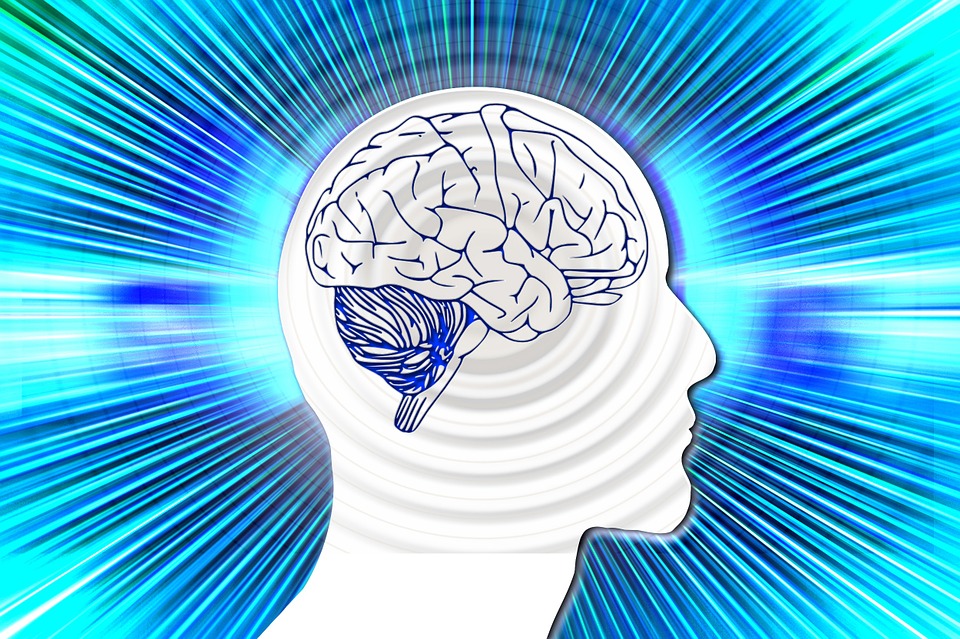Friday, August 2, 2019

New research suggests that targeted deep brain stimulation (DBS) can potentially improve cognitive control, enhancing treatment options for patients with mental illnesses such as depression and obsessive-compulsive disorder (OCD). Findings recently published in Nature Communications suggest that stimulation applied to the brain’s ventral internal capsule and ventral striatum (VCVS) may allow patients to better control unwanted emotions.
Depression and OCD can involve a deficit of cognitive controls such as failure to manage automatic or habitual behaviors or emotions. Cognitive control is a function of the prefrontal cortex (PFC), a region of the brain involving neural circuits which pass through the VCVS. Theta rhythms are thought to be the mechanism by which neurons in the PFC can control the neural activity of other brain regions.
The MIT researchers hypothesized that DBS could increase theta rhythms in the neural circuits that link the VCVS to the PFC, thereby allowing the PFC to be more successful in controlling undesirable emotions. To further investigate their hypothesis, 14 volunteers were given a task of identifying certain numbers which were displayed against distracting backgrounds (such as cute puppies or threatening sharks). The scientists hoped that giving the subjects DBS while they performed the task would equate to greater cognitive control and correspondingly faster task completion times.
Researchers tracked the brain activity of the subjects while they performed the task; with and without DBS. The subjects were able to identify the numbers more quickly (and with no loss of accuracy) while receiving DBS than when the DBS was switched off.
Although more research is needed, the authors of the study believe that understanding the role of brain rhythms in cognition will enable them to treat cognitive deficits by manipulating theta rhythms.
Read more.